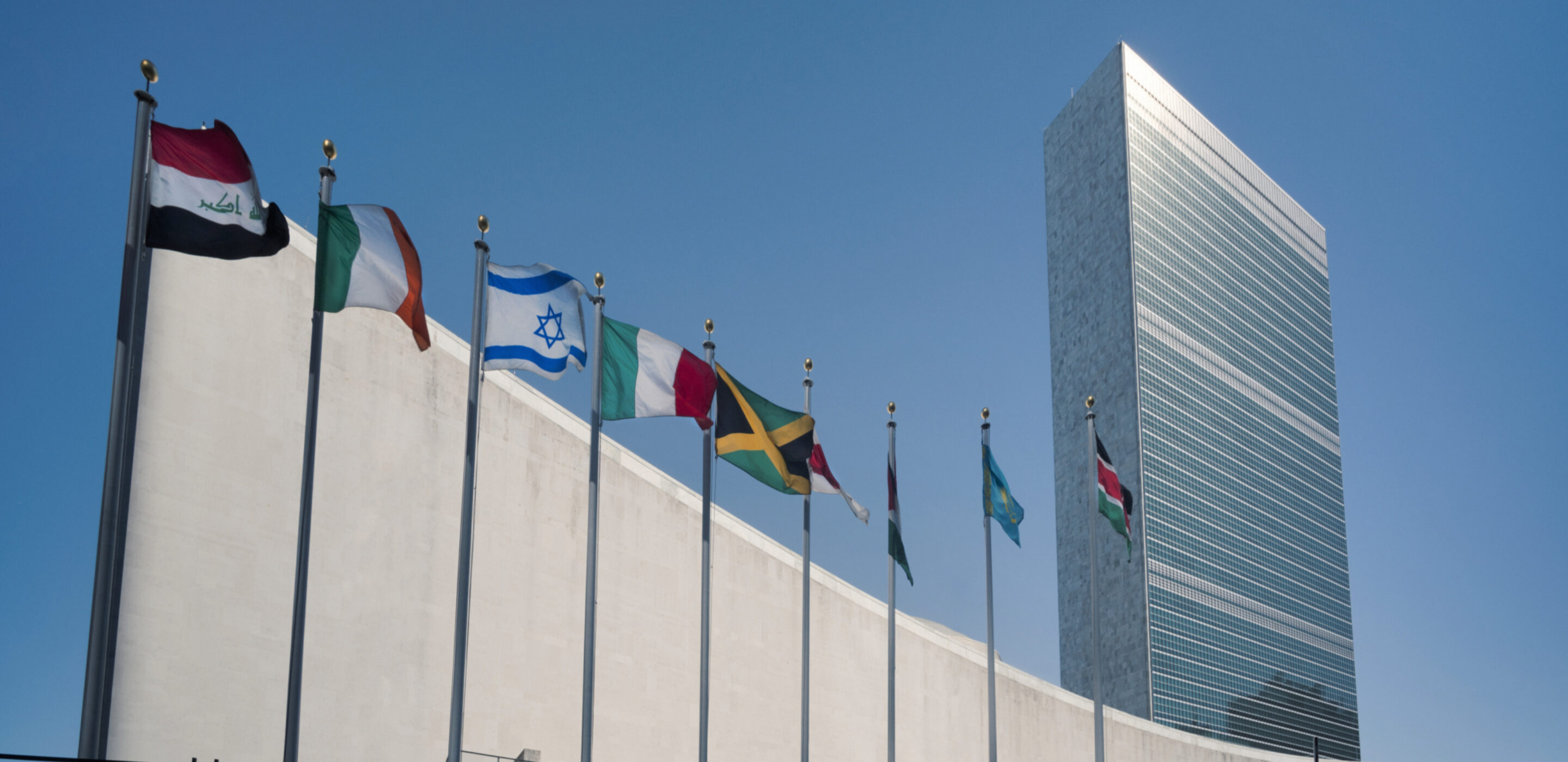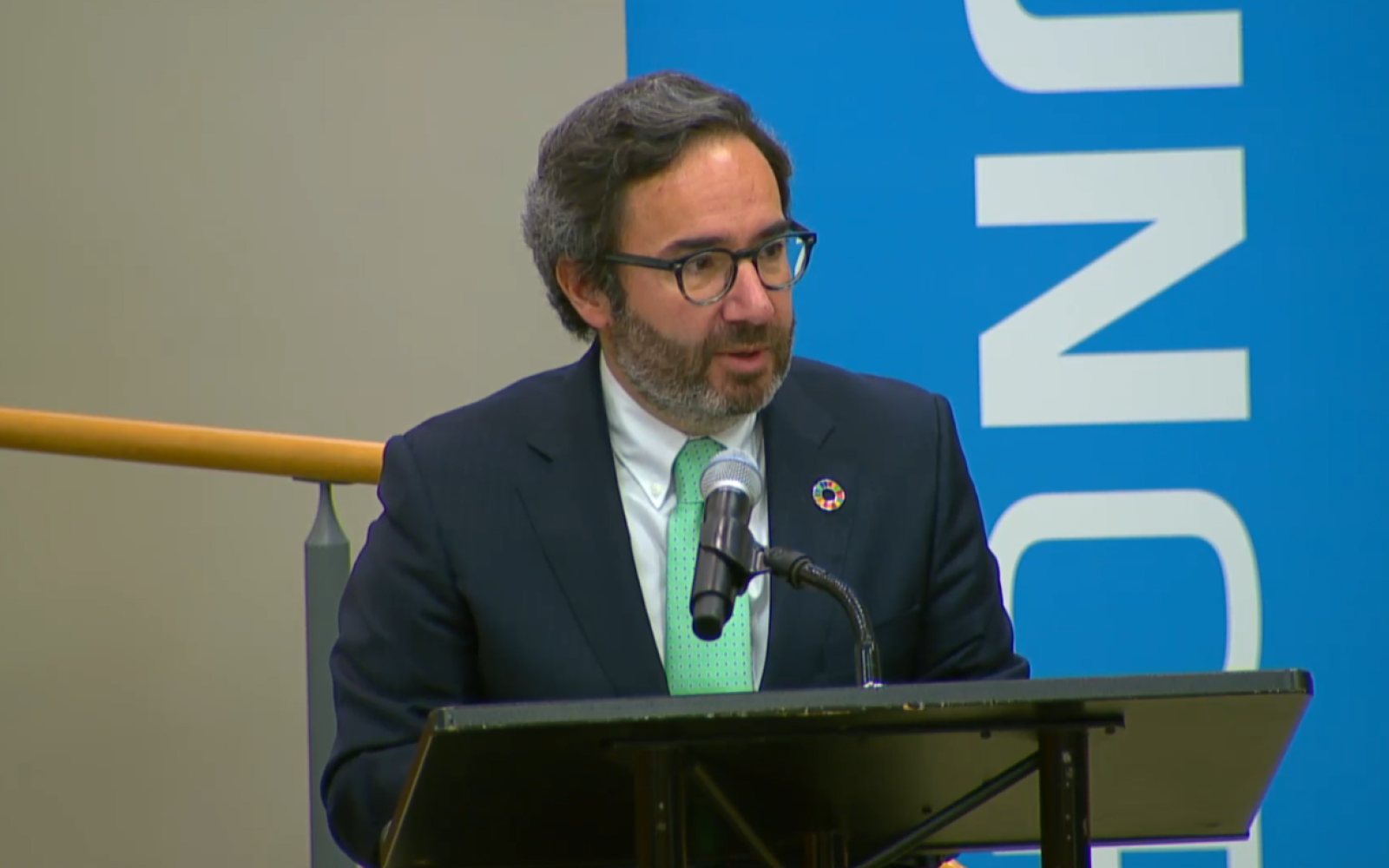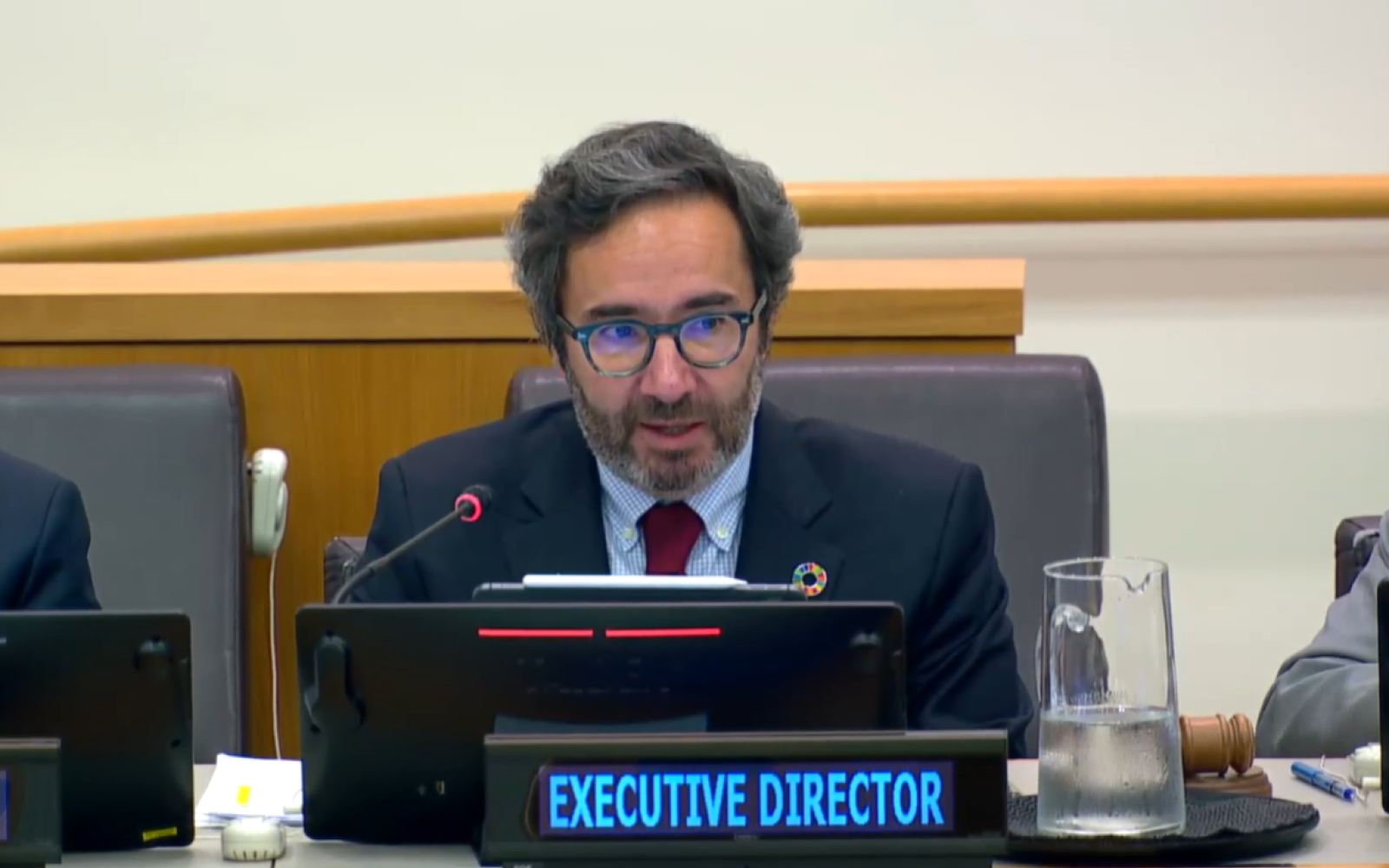The United Nations Office for Project Services (UNOPS)

Executive Board
The Executive Board provides intergovernmental support and supervision for the activities of UNDP, UNFPA, and UNOPS in accordance with the policy guidance of the General Assembly, the Economic and Social Council, and the United Nations Charter.
Regional groups 2025
African States
(8 members)
Chad (2027)*
Côte d’Ivoire (2027)*
Ethiopia (2025)
Madagascar (2027)***
Mozambique (2027)***
Nigeria (2026)
Tunisia (2026)
Zambia (2027)***
Asia-Pacific States
(7 members)
Bangladesh (2026)
China (2025)
India (2027)***
Nauru (2026)
Republic of Korea (2025)
Solomon Islands (2027)***
Tajikistan (2027)***
Eastern European States
(4 members)
Georgia (2027)***
Republic of Moldova (2025)
Romania (2026)
Slovakia (2025)
Latin America and Caribbean States
(5 members)
Brazil (2026)
Colombia (2025)
Dominican Republic (2027)***
Ecuador (2025)
Jamaica (2026)
Western European and other States
(12 members)**
Austria (2026)
Australia (2025)
Belgium (2027)***
Denmark (2027) ***
Germany (2027)*
Ireland (2026)
Japan (2025)
Luxembourg (2026)
Norway (2025)
Sweden (2027)*
United Kingdom (2026)
United States (2025)
Term expires on last day of the year indicated.
* Re-elected
** WEOG has its own rotation scheme
***Newly elected for 2025-2027
The Executive Board ensures that UNDP, UNFPA and UNOPS remain responsive to the evolving needs of programme countries, and supports UNOPS efforts to share expertise in infrastructure, procurement, project management, financial management and human resources.
The Executive Board has provided UNOPS with support and oversight functions since UNOPS separated from UNDP in 1995 and became an independent, self-financing organization.
The Executive Director of UNOPS reports directly to the UN Secretary-General and the Executive Board, and has the authority to sign host country agreements and appoint UNOPS representatives in the field.












